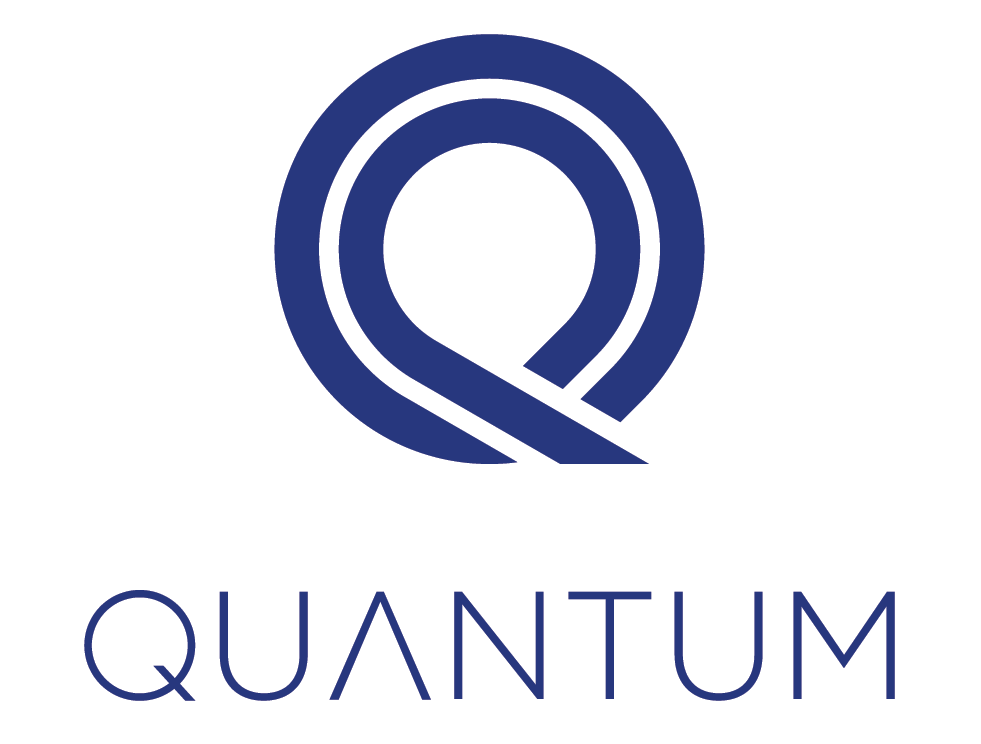A few years ago, my student in Cornell University’s Dyson School of Applied Economics and Management Program told me about his interest in minoring in Information Science. He believed that this subject offers him essential skills to adapt to and survive in this rapidly changing world.
I immediately asked my student to tell me more about Information Science. After learning about this major, I became so impressed by the opportunities it provides to students that I spent the next few years helping young people interested in business, entrepreneurship, engineering innovations, and education to know more about this incredibly versatile major.
First of all, what is Information Science? How is it different from Computer Science?
Computer Science is the study of computers and computational systems. Unlike electrical and computer engineers, computer scientists deal mostly with software and software systems; this includes their theory, design, development, and application1“What Is Computer Science? | Undergraduate Computer Science at UMD.” Department of Computer Science, . On the other hand, information science is a discipline that investigates the properties and behavior of information, the forces governing the flow of information, and the means of processing information for optimum accessibility and usability. It is concerned with the body of knowledge relating to the origination, collection, organization, storage, retrieval, interpretation, transmission, and utilization of information2 Borko, H. (1968). Information science: What is it? American Documentation, 19, 3.. Put plainly, Computer Science is the study of computation and its theories aimed at achieving more efficient computation. On the other hand, information science is about how people (engineers and “common people” alike) use computer technology to better organize information, analyze data, and communicate. In fact, the NETS program I discussed in a previous blog is akin to Information Science.

If you are not entirely sure about your career path—whether you should enter technology & engineering, business, or study Information Science as a liberal arts major—Cornell University would be an excellent place for you to start learning about this amazing academic discipline.
According to my research, Cornell University is probably the only place on earth where Information Science is offered in three undergraduate degrees in three separate colleges:
- BA in Information Science, College of Arts and Sciences (CAS)
- BS in Information Science, College of Agriculture and Life Sciences (CALS)
- BS in Information Science Systems and Technology, College of Engineering
The Bachelor of Arts degree in the College of Arts and Sciences and the Bachelor of Science degree in the College of Agriculture and Life Sciences are identical in the Information Science specific major requirements. Students are required to complete five core courses ranging from Information Ethics, Law, and Policy, to Introduction to Data Science3“Core Courses.” Cornell Information Science, 4 Dec. 2020, infosci.cornell.edu/undergraduate/info-sci-majors/ba-information-science-college-arts-sciences/degree-requirements/core. Accessed 6 Feb. 2021., one introductory level Computer Science course, Calculus, a Statistics course4“Programming and Math Requirements.” Cornell Information Science, 22 Nov. 2019, infosci.cornell.edu/undergraduate/info-sci-majors/bs-information-science-cals/degree-requirements/programming-and-math. Accessed 6 Feb. 2021., three electives5“Electives.” Cornell Information Science, 27 June 2018, infosci.cornell.edu/undergraduate/info-sci-majors/ba-information-science-college-arts-sciences/degree-requirements-2. Accessed 6 Feb. 2021., and one concentration in the subject6“Concentrations.” Cornell Information Science, 17 Oct. 2019, infosci.cornell.edu/undergraduate/info-sci-majors/ba-information-science-college-arts-sciences/degree-requirements-0. Accessed 6 Feb. 2021..
The two degrees mainly differ in their corresponding college graduation requirements, with CALS having more required courses in life sciences, applied economics and management, mathematics, and information technology, while CAS has its writing seminars and foreign language requirements. With these differences, Information Science major graduates from CALS nearly all work in Business, Engineering, and Technology7“Information Science Major.” CALS, cals.cornell.edu/education/degrees-programs/information-science-major. Accessed 6 Feb. 2021., while CAS graduates work in more diverse fields, ranging from Technology to Non-Profit to Education8“Major, Minor and Grad Field Search | The College of Arts & Sciences.” Cornell University, as.cornell.edu/majors-and-minors. Accessed 6 Feb. 2021..
The Bachelor Science degree in the College of Engineering, on the other hand, is entirely different from the Information Science programs in CAS and CALS. Students must complete a curriculum, not unlike the college’s engineers’ with a heavy emphasis on Data Science, Mathematical Modeling, Network, and Designing Technology. The majority of these graduates enter Software Development9“Cornell Career Services – Postgraduate Survey Reports.” College of Engineering, 2018, www.engineering.cornell.edu/sites/default/files/departments/corporate/Industry%20Partners%20pdf%27s/UG%20Employment%20Field%20by%20Major%20inc%20salary-VD.pdf. Accessed 6 Feb. 2021., while many pursue advanced degrees in the field10“Cornell Career Services – Postgraduate Survey Reports.” College of Engineering, 2018, www.engineering.cornell.edu/sites/default/files/departments/corporate/Industry%20Partners%20pdf%27s/UG%20Primary%20Status%20by%20major%20inc%20salary-VD.pdf. Accessed 6 Feb. 2021..

If you are interested in studying Information Science, please make sure you have taken IB Math Higher Level or its equivalent in high school. If you are interested in studying Information Science in the College of Engineering, you must have achieved high marks in both IB Math Higher Level (AA preferred) and Physics High Level, or equivalent high school subjects. During the 2020-2021 application period, CALS has declared it will not use SAT/ACT scores in its review process. In both the School of Engineering and CAS, test scores are optional. Yet, historical data shows students admitted into Cornell’s CALS and CAS had SAT scores between 1500 and 1550 (ACT 33-35) and above 1550 (ACT 35-36) for the College of Engineering.
Quantum Prep is an education consultancy that focuses on placing their students at the best colleges or universities. We boast of diverse results. In addition to the traditional rap sheet of prestigious university acceptances, our consultants like to highlight the different paths they have sent students on. All of our students are different; we are proud of our one-on-one tailored approach towards university counselling. Contact us for a complimentary 30-minute initial meeting, where you can get tailored individualized advice on how to put your best foot forward. Read our reviews to see what our clients think of us.
By Ally Ip, Director of Research
Published 08-04-2021
